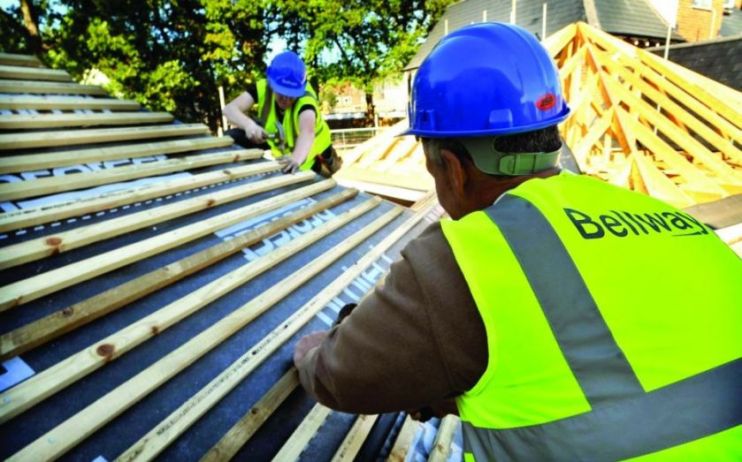Cladding bill nears £2bn mark as Bellway, Vistry and Countryside Partnership pledge to fix homes

Housebuilders’ pledges to repairing unsafe cladding has neared a bill of £2bn as Bellway pledged £485m to fix homes on Thursday.
According to analysis from AJ Bell, the total bill now stands at £1.8bn, with FTSE 100 developer Berkeley yet to declare how much it will provide.
The department for levelling up, housing and communities (DLUHC)’s building safety pledge commits housebuilders to fix dangerous cladding and other fire safety issues in buildings over 11 metres. It applies to buildings developers built in the past three-decades.
It is understood that the government has asked some 50 builders to sign the pledge, with most expected to agree to the commitments in this phase.
Developers have pledged an additional £1.1bn, in addition to some £759m already provisioned.
Bellway said on Thursday it estimated it would spend around £300m, in addition to a £186.8m already set aside since 2017.
Bellway chief Jason Honeyman said the company had “engaged extensively and constructively” with the government over recent months.
“This is a positive outcome for affected residents, made in the best long-term interests of the group and will help to secure our ongoing reputation as a leading responsible homebuilder,” he added.
Developers Countryside Partnerships and Vistry also adjusted their total bills to £81m and £68m respectively.
Oli Creasey, property research analyst at Quilter Cheviot, said: “While there was initial pushback from the building sector, we have seen most companies now agree to cover these costs, likely putting further pressure on the remainder of the sector, which faces the risk of severe planning restrictions if they don’t comply.
Creasey said it was likely that housebuilders “may yet be asked to dip into their pockets once again, particularly given how quickly the new housing minister has been able to get them on the hook for their own properties, and the cash reserves (from historic profits) held by most of the sector.”
“There was some suggestion that material manufacturers and others in the supply chain may get caught in this net, but that has gone quiet again,” he added.
He said: “Further demands for mediation work may yet appear, and we are cautious on the outlook for house prices – where the cost of living and interest rate increases on mortgages will push affordability, and the end of Help to Buy in 2023 may also take money out of the sector. It is worth noting that builders are highly exposed to house prices. Taking Bellway as an example, if house prices fell c. 10 per cent, the company’s EBIT would approximately halve. Food for thought for any investor.”